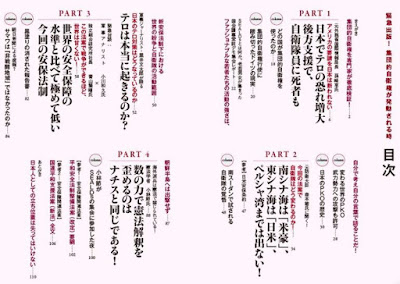 |
| 20日付東京新聞朝刊より |
※Freedexとは: 国連特別報告者であるケイ氏が個人として所属大学であるカリフォルニア大学アーバイン校(UCI)法学部の『国際司法クリニック』とのコラボレーションで運営する「表現の自由」(Freedom of expression)問題に関する活動サイト。サイトの免責事項には「当サイトは国連人権高等弁務官事務所により管理運営されておらず、その内容は国連の公式な立場を表すものではありません」と記載されている。
Cancellation of Official Visit to Japan
日本公式訪問の中止
10月に国連総会第三委員会でプレゼンを行った際、私は委員会に対し、日本政府から12月1日から8日にかけての公式訪問に対する招待を受け取ったことを報告していた。この訪問は、2013年制定の「特定秘密保護法」の実施(国連自由権規約委員会が昨年懸念を表明)、インターネット上の権利、報道の自由、知る権利など、日本における表現の自由に関する一定側面の評価を行う重要な機会となりえた。
During my presentation before the Third Committee of the General Assembly in October, I was able to announce that the Government of Japan had issued me an invitation to conduct an official visit from 1 to 8 December. A visit would be an important moment to evaluate certain aspects of freedom of expression in the country, such as the implementation of the 2013 Act on Specially Designated Secrets (about which the Human Rights Committee expressed concern last year), online rights, media freedom, and access to information. I have previously met with Japanese officials and members of civil society to learn more about these issues and looked forward to a productive visit.
10月に国連総会第三委員会でプレゼンを行った際、私は委員会に対し、日本政府から12月1日から8日にかけての公式訪問に対する招待を受け取ったことを報告していた。この訪問は、2013年制定の「特定秘密保護法」の実施(国連自由権規約委員会が昨年懸念を表明)、インターネット上の権利、報道の自由、知る権利など、日本における表現の自由に関する一定側面の評価を行う重要な機会となりえた。
We had been deep in the work of setting up meetings and preparing for the visit. Unfortunately, last Friday, the Permanent Mission of Japan in Geneva indicated that my visit would not take place as the Government would not be able to arrange meetings with relevant officials. The Government suggested postponing the visit until the fall of 2016.
これらの問題について過去に日本政府や市民社会の関係者の方々と協議してきこともあり、私は今回も建設的な訪問になるであろうと期待し、会合の設定や訪問準備にも深くコミットしてきた。しかし残念なことに先週金曜日、駐ジュネーヴ日本政府代表部は、関係する政府関係者との会合を調整できないため、訪問は実施できないとして、2016年秋まで訪問を延期することを提案してきた。
I asked the Japanese authorities to reconsider their decision, but the Mission confirmed to me yesterday that the visit will not go forward and is now canceled. Of course, I hope that the visit will be rescheduled. In the meantime, we will continue to engage with the Government – as we do with all governments – through regular communications, meetings in Geneva and New York, and other opportunities as they arise.
私は日本政府当局に対し、決定を再考するように要請した。しかし昨日16日、駐ジュネーヴ日本政府代表部は、公式訪問は実施されず、中止となったことを正式に私に伝えた。無論、私としては新たに訪問日程がスケジュールされることを希望するが、同時に、他の政府と同様、日本政府には、日常的なやりとりやジュネーヴ、ニューヨークでの会合やその他の機会を通じて引き続き働きかけていく。
2015/11/17 David Kaye





















